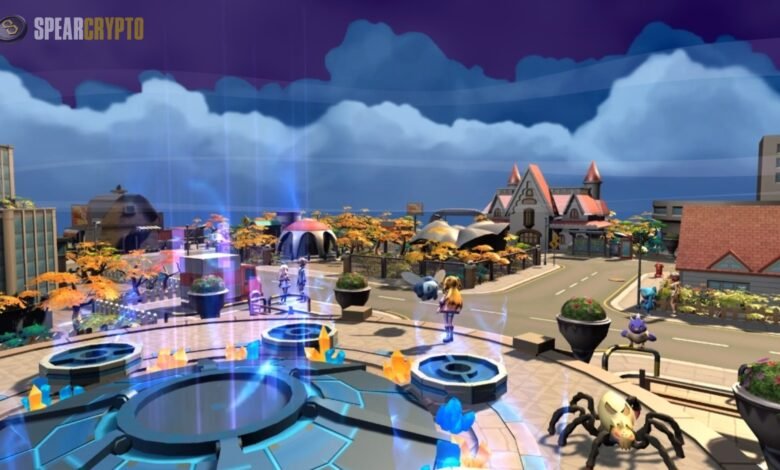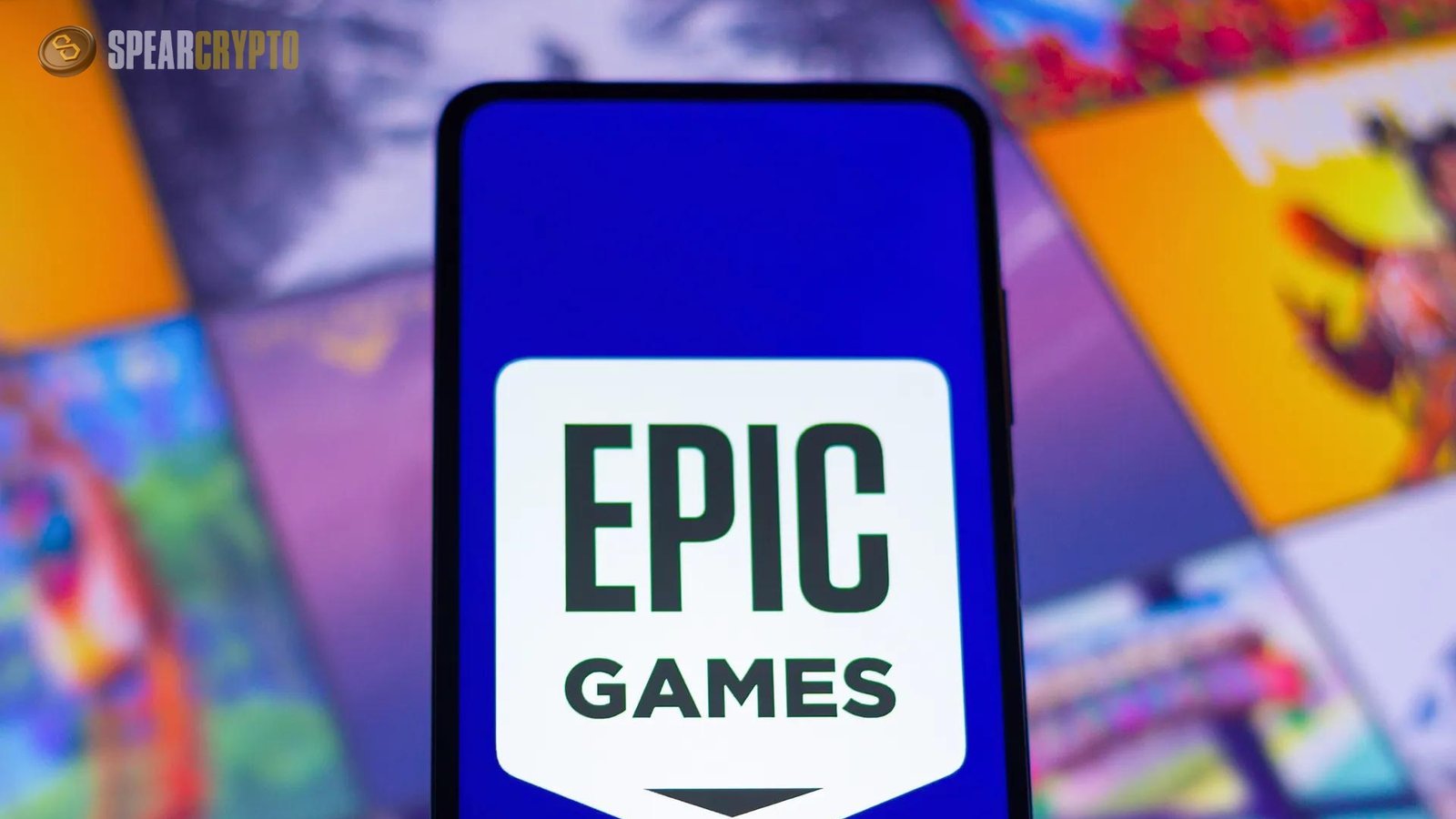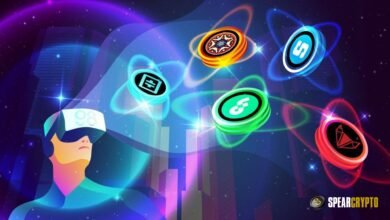
Metaverse Games: The concept of the “metaverse” has been a topic of growing interest, particularly in the context of gaming. What once seemed like a science fiction fantasy is rapidly becoming a reality as technology evolves. The metaverse is envisioned as a collective virtual shared space created by the convergence of virtually enhanced physical reality and physically persistent virtual space, including the sum of all virtual worlds, augmented reality, and the internet. Games have become a gateway to the metaverse, offering immersive experiences beyond traditional gameplay to create interconnected digital ecosystems where players can socialize, create, and even earn a living.
The Genesis of Metaverse Gaming
The roots of metaverse gaming can be traced back to the early days of online multiplayer games. Titles like “World of Warcraft” and “Second Life” were among the first to offer expansive virtual worlds where players could interact with others in real time. While these Metaverse Games were limited in scope and technology by today’s standards, they laid the groundwork for what would eventually become the Metaverse. These early experiences highlighted the potential for virtual worlds to serve as social spaces where gameplay and social interaction blend seamlessly.
“Second Life,” in particular, was a precursor to the metaverse concept. Launched in 2003, it was less a game and more a virtual world where users could create avatars, build structures, buy and sell virtual goods, and interact with others. It showed how digital environments could become more than just a space for gameplay but a place for social interaction and economic activity.
The Technological Foundations of the Metaverse
The evolution of metaverse games has been closely tied to technological advances. Three key developments have made the metaverse a reality: virtual reality (VR), augmented reality (AR), and blockchain technology.
Virtual Reality (VR)
VR has been at the forefront of creating immersive metaverse experiences. Devices like the Oculus Rift and HTC Vive have made it possible to step into fully realized 3D environments. The tactile feedback, high-resolution visuals, and spatial audio create a sense of presence critical for metaverse experiences. Metaverse Games like “VRChat” and “Rec Room” have leveraged VR to create social spaces where users can interact in ways that mimic real-world interactions.
Augmented Reality (AR)
AR adds a layer of digital content to the physical world, blending reality with the virtual. Games like Pokémon GO and Ingress have shown how AR can bring virtual experiences into the real world. As AR technology improves, it will play an increasingly important role in the metaverse, allowing users to interact with digital objects and environments in real-time without stepping into a completely virtual space.
Blockchain Technology
Blockchain has introduced the concept of digital ownership in the metaverse. Non-fungible tokens (NFTs) allow users to own unique digital assets, whether virtual real estate, in-game items, or avatars. Blockchain enables decentralized economies within metaverse games, where players can securely trade, sell, and purchase assets. Games like “Axie Infinity” and “Decentraland” have pioneered the use of blockchain to create player-driven economies that extend beyond the confines of the game itself.
Key Players in the Metaverse Gaming Space
As the metaverse grows, several key players have emerged, each with a unique vision of what it could be.
Epic Games
With its flagship game, “Fortnite,” Epic Games has positioned itself as a leader in the metaverse space. Originally a battle royale game, “Fortnite” has evolved into a social platform where players can attend virtual concerts, watch movies, and interact in ways that go beyond traditional gaming. Epic’s CEO, Tim Sweeney, has been vocal about his vision for the metaverse as a shared social space, and the company has made significant investments in this area, including acquiring companies that specialize in digital infrastructure and social media.
Roblox
“Roblox” is another major player in the metaverse. Unlike traditional games, “Roblox“ is a platform where users can create Metaverse Games and experiences. This user-generated content model has proven incredibly popular, with millions of active users and a thriving in-game economy. “Roblox” has positioned itself as a metaverse for younger audiences, offering a safe and creative space for social interaction and play.
Meta (formerly Facebook)
Meta has clarified that it sees the metaverse as the future of social interaction. The company has invested heavily in VR through its Oculus division and is working on creating a fully realized metaverse platform. Meta’s vision of the metaverse is one where users can work, play, and socialize in a seamless digital environment. With its massive user base and financial resources, Meta is poised to be a significant player in the development of the metaverse.
Microsoft
Microsoft is another company making significant moves in the metaverse space, particularly with its “Minecraft” platform and its “Mesh” initiative. “Minecraft” has long been a digital playground for creativity and social interaction, and Microsoft is looking to expand this with AR and VR integrations. “Mesh” aims to create mixed-reality experiences that bridge the gap between physical and digital spaces, making it possible to interact with holograms and virtual objects in the real world.
The Economic Potential of Metaverse Games
One of the most exciting aspects of metaverse games is their economic potential. The metaverse creates new opportunities for players to earn money through play-to-earn models, virtual real estate, or digital goods.
Play-to-earn (P2E) Models
The advent of blockchain-based games such as “Axie Infinity” has contributed to the growth of the play-to-earn model. Players participating in these Metaverse Games can acquire cryptocurrency, which can then be exchanged for real money or sold for other cryptocurrencies. When players can make a living salary through gaming, this strategy has shown to be particularly successful in locations with few economic prospects.
Virtual Real Estate
Within the realm of the metaverse, virtual real estate is on its way to becoming a substantial asset class. “Decentraland” and “The Sandbox” are two platforms that allow users to buy, develop, and sell virtual land. This digital real estate can be utilized for various purposes, including establishing virtual enterprises, hosting events, or even just as an investment. Because specific virtual properties have been sold for millions of dollars, it is clear that digital assets are becoming increasingly important.
Digital Goods and NFTs
New frontiers for digital commodities have been opened due to NFTs. Players can acquire one-of-a-kind digital things within the metaverse, which can then be displayed, traded, or sold. In-game products such as weaponry and skins, as well as virtual fashion and virtual art, are included in this category of digital commodities. The non-fungible token (NFT) market has experienced a recent surge, with certain items commanding prices equal to those of tangible art and collectibles.
Challenges and Considerations
While the potential of metaverse games is immense, significant challenges must be addressed.
- Regulation and Legal Issues: The metaverse’s decentralized nature presents regulatory challenges. As the metaverse grows, issues such as digital property rights, taxation, and content moderation must be addressed. Governments and regulatory bodies are beginning to take notice, and there will likely be increased scrutiny of how these digital spaces are governed.
- Privacy and Security: Privacy and security concerns are paramount as more personal data is shared within the metaverse. Protecting users’ data from breaches and ensuring that digital identities are secure will be critical to maintaining trust in metaverse platforms.
- Digital Divide: The metaverse could exacerbate the digital divide, as access to the technology required to participate (such as VR headsets and high-speed internet) is not universally available. Ensuring that the metaverse is accessible to all, regardless of socioeconomic status, will be an essential consideration for developers and policymakers.
- Ethical Concerns: Creating a digital world where anything is possible raises ethical questions about its impact on society. Issues such as addiction, the blurring of lines between reality and virtual life, and the potential for exploitation within virtual economies all need careful consideration.
The Future of Metaverse Games
The future of games that take place in the metaverse is both fascinating and doubtful. As technological advancements continue, the possibilities for creating immersive and interconnected digital worlds will continue to grow. Within the metaverse, the integration of artificial intelligence, the development of increasingly advanced virtual reality and augmented reality technologies, and the ongoing development of blockchain will push the frontiers of what is conceivable.
We can expect the metaverse to become a central part of working, playing, and socializing. The lines between physical and digital realities will continue to blur, and the concepts of identity, economy, and society will be redefined in the context of the metaverse.
Conclusion
Metaverse games represent a new frontier in digital entertainment, allowing players to immerse themselves in rich, interactive worlds beyond traditional gaming. As technology evolves, these virtual spaces will become more sophisticated, interconnected, and integral to our daily lives. However, with this evolution comes a host of challenges, from regulatory and ethical considerations to issues of privacy and accessibility. The metaverse is still in its early stages, but it will play a significant role in shaping the future of gaming and, more broadly, how we interact with the digital world.







